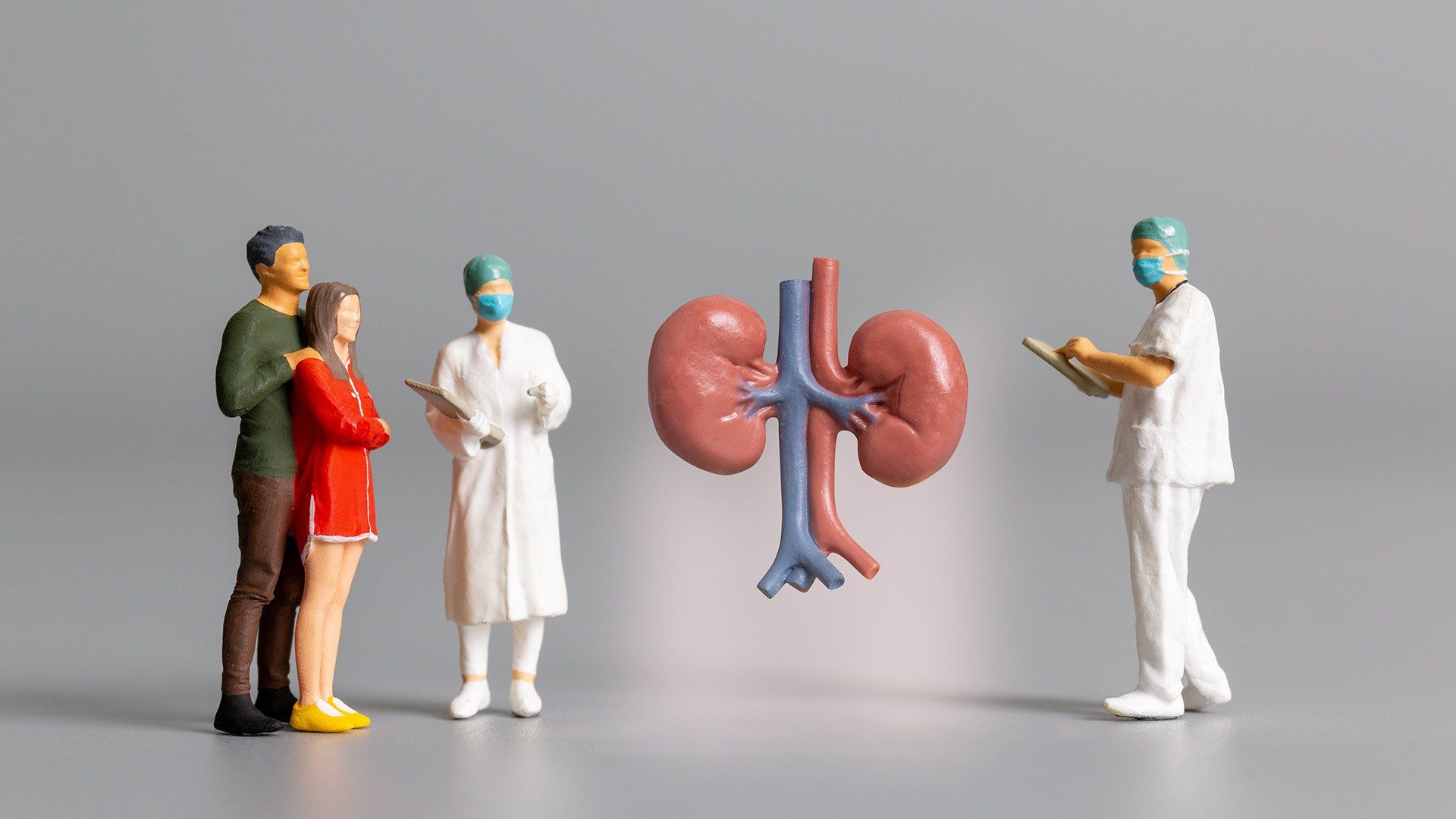What everyone should know about kidney disease
‘It’s far more common than people think’ – nephrologist
Undiagnosed or poorly controlled diabetes, high blood pressure or HIV significantly increase the risk of kidney disease. As these conditions may not initially have any noticeable symptoms, many people are living with deteriorating kidney health, unaware of this serious long-term threat to their wellbeing. This points to the need for greater awareness of the importance of regular screening and reliable access to chronic medication.
“If a person’s system is under pressure from an underlying health condition that is poorly controlled, this may cause irreversible damage to the kidneys, potentially leading to chronic kidney disease or even kidney failure,” says pharmacist Marizette Weldhagen of Medipost Pharmacy, South Africa’s largest national courier pharmacy.
“Kidney disease is unfortunately far more common than people think, and kidney failure is the ninth most common cause of death in South Africa. However, it often doesn’t present with any symptoms until it has reached a more advanced stage,” adds Dr Kagiso Motse, a nephrologist practising at Netcare Ferncrest Hospital.
What is the kidneys’ role in the body?
The kidneys have a vital role in purifying the blood and maintaining the necessary balance in our body.
“When kidneys are functioning properly, they remove toxins from the blood and keep the body from becoming too acidic. The kidneys help to maintain the body’s fluid levels, salts and electrolytes in balance,” Dr Motse explains.
“Possible symptoms of kidney disease may include feeling tired and generally unwell, changes in the colour or volume of the urine and swelling. If you notice these signs, you should seek medical attention sooner rather than later.”
When a person’s kidneys are damaged to the point where they are no longer able to perform these functions, this is known as kidney failure and the person will need to have special renal therapy known as dialysis several times a week where a special machine is used to artificially purify the blood.
Risk factors
People who are at increased risk should screen for kidney disease each year, as kidney function can often be preserved if it is detected earlier.
Dr Motse points out that the risks for kidney disease fall into two categories: those we can do something about, and the risks that are unmodifiable or beyond our control. “The unmodifiable risks include age, as older people are more likely to get kidney disease, genetic factors with certain ethnic groups tending to be more genetically predisposed to kidney disease, and previous physical damage to the structure of the kidneys,” Dr Motse says.
“It is never easy to be diagnosed with a chronic condition, however the good news is that if we are aware of our risks, there are modifiable risks we can do something about to support remaining kidney function. If you are overweight, talk to your treating doctor about how you can safely lose weight to help alleviate strain on your kidneys,” she advises.
“Chronic high blood sugar in poorly controlled diabetics can cause serious damage to the kidneys, as well as other organs. Hypertension, or high blood pressure, and high cholesterol are also detrimental to kidney health over time. Undiagnosed or untreated HIV also places a person at higher risk for kidney disease,” she says.
“Always consult your doctor before taking any medication, including non-prescription medicines. Non-steroidal anti-inflammatory drugs [NSAIDs] are common pain relievers available without prescription, and are only intended for occasional, short-term relief of pain and inflammation,” Weldhagen says.
“NSAIDs, such as ibuprofen, are among the medicines that may be harmful to the kidneys and should be avoided by people who have impaired renal function. It is always important for patients to check medicine package inserts for contraindications relating to kidney problems.”
Preventing further kidney damage
“The hallmark of prevention for kidney failure is about controlling the risk factors. Know your status for these common conditions, and if you have diabetes, hypertension, HIV or other conditions associated with a higher chance of kidney damage, you can reduce your risk by ensuring your condition is well managed and regularly screening the kidneys using blood and urine tests to look for signs of dysfunction,” Dr Motse says.
Medipost Pharmacy offers free delivery of prescribed chronic medication, including treatment for diabetes, hypertension and HIV among many other conditions, anywhere in South Africa. This service ensures patients can access their medicines easily and confidentially from their home or workplace.
“It is not easy for some of my patients living in rural areas to go to a physical pharmacy to get their monthly medicine. The convenience of having their medicine reliably delivered to their door, even if they live on an unnamed road far from an urban centre, helps patients to keep on track with their prescribed treatment for chronic conditions. This improved treatment adherence helps prevent further kidney damage.”
“Another aspect of Medipost Pharmacy’s service includes supplying renal practices with injectable iron supplements and erythropoietin (EPO) that dialysis patients require to stimulate the development of red blood cells and help prevent anaemia, which is very common among people living with kidney failure,” Weldhagen adds.
“Many patients are on the kidney transplant list. Some of our patients have received kidney transplants, and we supported them by dispensing the required special medicines related to this procedure. Although there are many patients waiting for a transplant, a successful kidney transplant usually means the person is no longer reliant on dialysis,” she concludes.













